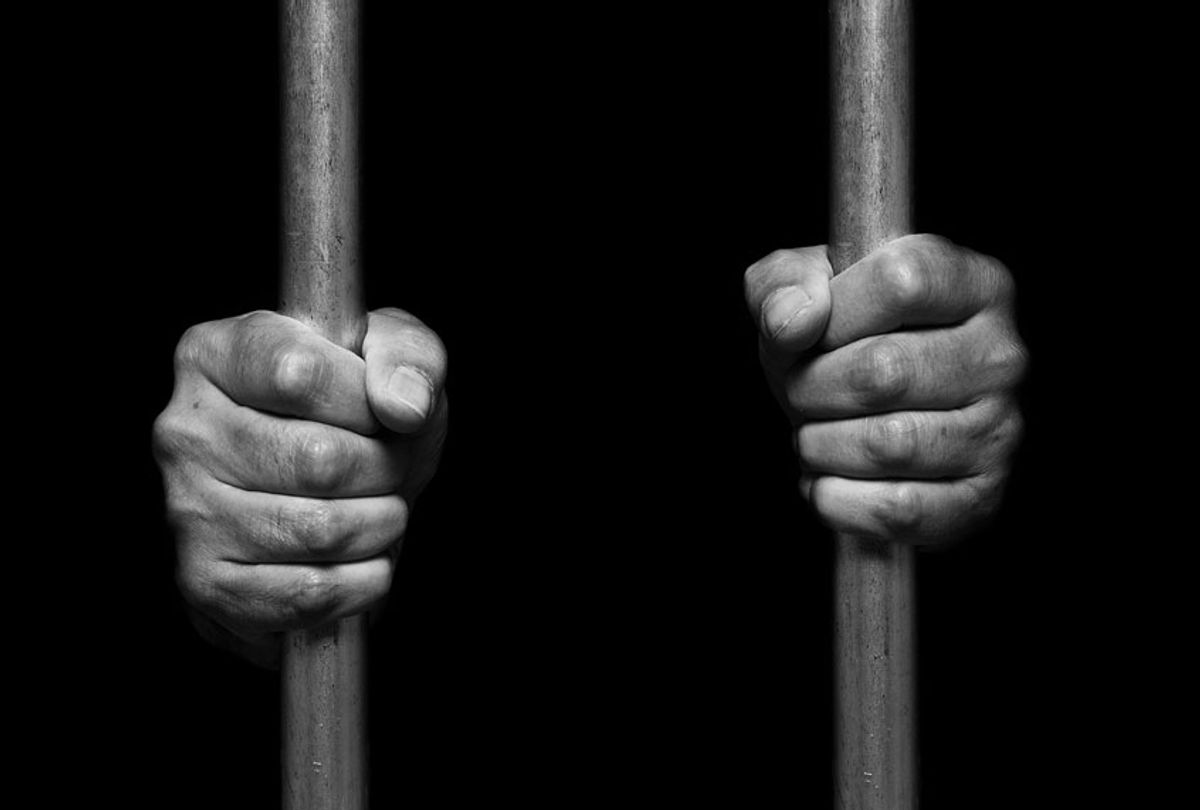As our nation is grappling with the COVID-19 pandemic and beginning to recognize the potentially catastrophic public health risk posed by large concentrations of people in confined spaces, we are urging local, state and federal leaders to take action now to protect the 2.3 million people confined by local, state and federal authorities in America. The adults and children in our jails, prisons and immigration detention facilities live in crowded, often unsanitary conditions with inadequate medical care. An outbreak of the coronavirus within these dense populations presents a grave health risk far beyond that of cruise ships, malls or theaters. And all of us will suffer if we don't take steps immediately to address these concerns.
Some states and localities are beginning to realize the danger that COVID-19 presents to the people who live and work in jails, prisons and detentions centers — and also to the broader community. In response they are considering stopgap solutions such as taking extra precautions within jails, avoiding arresting and booking people for low-level offenses and delaying jury trials or non-essential court hearings. While this isolated engagement is important, we believe that coordinated and systematic action is necessary to prevent devastating outbreaks behind bars.
The overcrowding of our jails and prisons are due in no small part to harsh punitive policies historically embraced by prosecutors. Action to reverse course in this sobering moment must also begin with prosecutors.
A prosecutor's obligation to keep their community safe extends behind prison gates. With this fast-moving virus, prosecutors must take action now to reduce both the likelihood and severity of outbreaks in these facilities where individuals are housed in densely populated spaces, often living in barracks-style quarters and breathing recycled air. And with an aging prison population where people over the age of 55 make up the fastest growing demographic, prosecutors should advocate for the release of people who no longer pose a danger to the community, revisit past extreme sentences (a reform with broad bipartisan community support), and work to ensure the healthcare needs of those in custody are met.
This past week more than two dozen elected prosecutors joined in a statement detailing numerous concrete proposals and commitments to address these concerns. As noted in that statement, elected prosecutors — individuals who control the front door of the justice system — can and should use their discretionary authority to decrease the number of people in jails and prisons by immediately limiting the number of people prosecuted and unnecessarily detained pre-trial. They can process low-level offenses through cite-and-release policies, avoid the use of cash bail that results in detention based on financial status and work to secure the immediate release of elderly and medically vulnerable people and those at the end of their sentences who don't pose a serious safety risk.
Prosecutors must also collaborate with corrections and public health leaders to ensure that people in confinement are tested and treated without medical co-pays; that corrections staff know how to control the spread of infection and have adequate resources to do so; and that controlled individual quarantines are used, rather than harmful practices like solitary confinement or generalized lock downs. And in ever-challenging times, prosecutors must stand up for the human dignity and constitutional rights of those in custody who are too easily forgotten — including their rights to access to counsel, due process, a speedy trial and contact with family and loved ones.
We also can't overlook the many adults and children in immigration detention. To reduce the profound danger posed by outbreaks in these crowded facilities, elected prosecutors should join in calling for federal authorities to stop detaining and release the vast majority of currently detained immigrants who pose no public safety threat to the community and respect an immigration enforcement-free zone around hospitals and medical clinics. No one wins when we discourage people from seeking the testing and treatment that they need to battle this pandemic.
These are all common sense measures that we should have adopted long ago to end mass incarceration and other biased policies that have devastated communities, eroded public trust and made our nation an international outlier. Our failure to act now presents a massive public health risk to all of us.
This crisis is forcing us to reckon with the mistakes of our past and ensure that custodial settings are reserved for only those who pose a true threat to the community, and that people who do need to be removed from the community are treated humanely. It is in times such as these that our moral compass is tested; let us hope — for the health and safety of our entire community — that we pass that test.



Shares